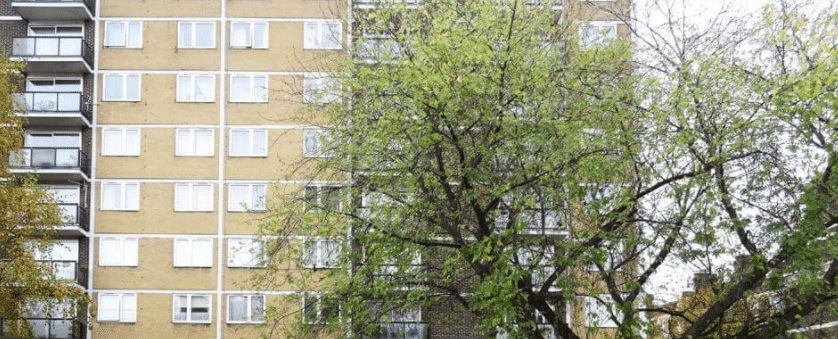If you own a flat it is likely that you will not hold the freehold to the property. You will most likely be paying, not only your mortgage but also ground rent to the owner of the freehold. So what are the benefits and pitfalls of buying the freehold?
What is a Freehold?
A freehold is the permanent and absolute ownership of property or land. If you own the freehold, it means that you own the building and the land it stands on.
What is a Leasehold?
A leasehold is where you hold the property on behalf of the freeholder for a fixed period of time. This means that you have a lease to use the home for a number of years until your lease expires. Leases are usually long term – often 90+ years but can be as high as 999 years.
Check out our video Freehold vs Leasehold: The key differences for more information.
What Does Buying the Freehold Mean?
You can ask the landlord to sell you the freehold at any time. By law, if landlords wish to sell the freehold, they must offer all leaseholder first refusal to buy it.
Buying the freehold isn’t something you can do on your own, however – to qualify you have to get your neighbours involved too. By law, at least half of the leaseholders in the building must come together to purchase the freehold.
At the end of the process, the flat-owners would:
- Together own the freehold of the building (often by forming a limited company – this company will be owned and controlled by the flat owners); and
- Separately, each would still have a long lease – but instead of this lease being from the old freeholder it would now be from the new entity that owns the freehold and that you and your neighbours now control
Once you jointly own the freehold, you can collectively set ground rents, shop around for the best insurance and generally be in control of your own destiny. You are also able to extend your lease so it is a long lease with the only cost being legal fees.
Am I Eligible to Buy the Freehold?
Generally, the requirements for a group of leaseholders to buy the freehold are:
- The building needs to contain at least two flats;
- No more than 25% of the freehold building can be used for non-residential purposes (e.g. shops/offices);
- At least two-thirds of the flats must be owned by leaseholders who own long leases (originally granted for at least 21 years); and
- At least half of the total number of flats in the building must be owned by leaseholders who want to buy a share of the freehold – so you don’t need to have all owners on board but you do need to have at least half of the flat-owners involved. If there are only two flats in the building, then both leaseholders must want to buy the freehold.
How Much Does It Cost to Buy the Freehold?
Freehold prices vary in the same way property prices do but certainly the shorter your lease, the pricier your freehold.
In terms of what the costs involve, to buy your share of the freehold you will need to pay your flat’s share of:
- The purchase price for the freehold
- The cost for a surveyor to do an accurate freehold valuation so you avoid paying over the odds
- Legal fees for the leaseholders
- The freeholders legal and valuation fees
- Stamp duty land tax (if the purchase price is over £125,000)
What Are the Benefits?
- Free lease extensions – If you buy the freehold and you can usually extend the lease to 999 years at no extra cost (excluding legal fees)
- You control service charges – You can choose value-for-money, quality providers
- No ground rent – You normally don’t need to pay ground rent
- Fewer conditions – Leases can come with a number of conditions, for example, you may need the freeholder’s permission to let the flat or have a dog
- It can add value to your home – Buyers generally prefer freehold flats to leasehold
http://www.propertymark.co.uk/advice-and-guides/buying-a-home/should-you-buy-the-freehold-to-your-flat/

